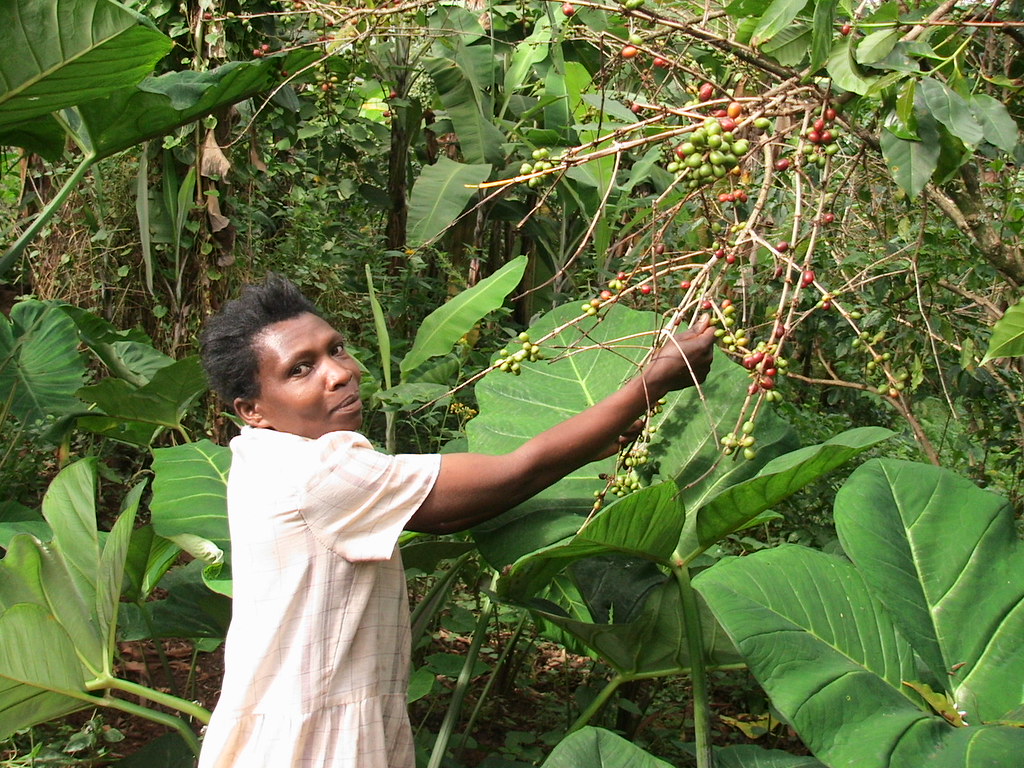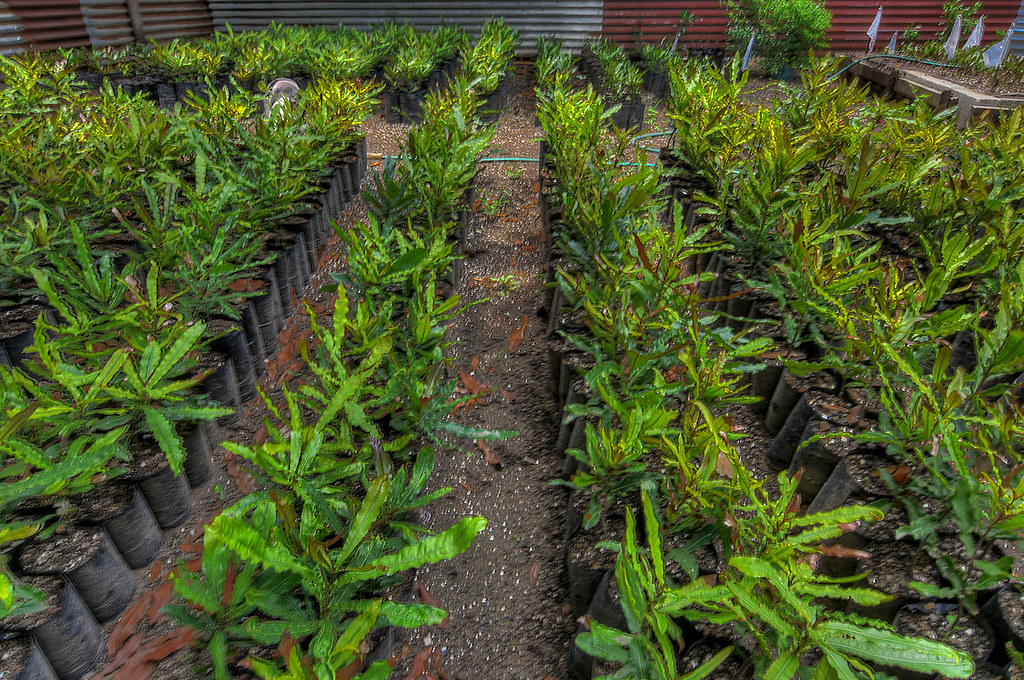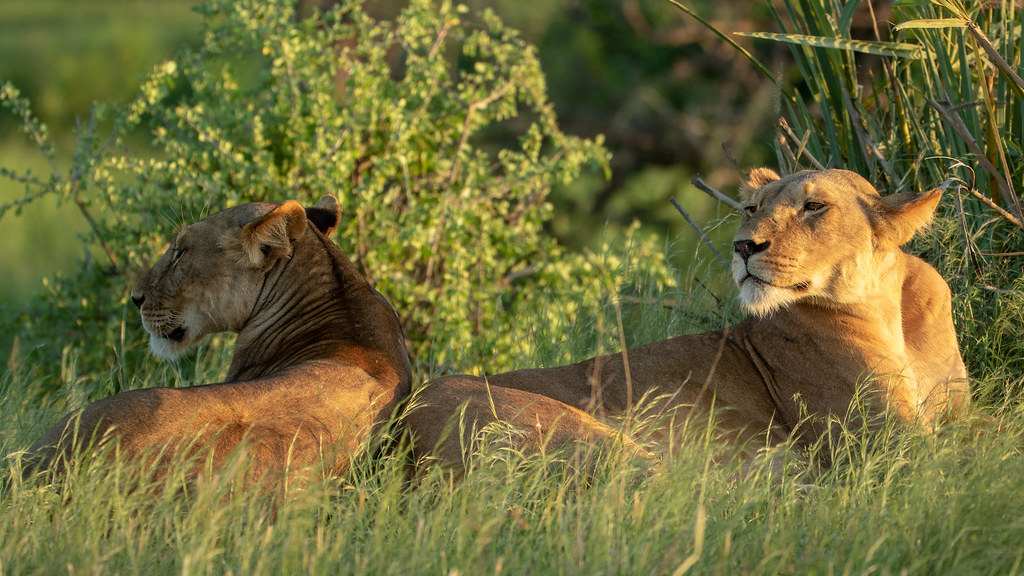
Cultivation of Coffee in Mount Elgon
Coffee Cultivation at Mount Elgon
Coffee cultivation in Mt. Elgon, Uganda, is a vacation destination offering distinctive natural experiences that attract travelers. In addition to animal safaris, stunning landscapes, and hospitable locals that elevate Uganda’s global profile, certain often-overlooked elements are, in fact, equally captivating. This is a coffee cultivation excursion in the Mt. Elgon ranges. Elgon is an extinct volcano located east of Uganda, divided by the international border with Kenya. The Ugandan region in the rain shadow, receives substantial rainfall, and is favorable for vegetation growth. Uganda is an agricultural nation, with coffee constituting over 20% of exports, totaling nearly $50 million. The coffee expedition investigates the slopes of the Mt. Elgon region, engages with households, and uncovers the dynamic experiences of coffee cultivation, nurturing, harvesting, processing, preservation, and commerce.
The Kapchorwa coffee-growing region is approximately 280 kilometers, a five-hour journey, east of Kampala city. The local guide, originating from the surrounding districts, possesses extensive knowledge and is eager to provide insights into the coffee value chain, rendering coffee encounters both enriching and gratifying. T
he original Arabica coffee variety thrives in fertile soils at altitudes of 1,600m to 1,900m, making it well-suited for the Kapchorwa region, which features volcanic soils renowned for their fertility and exceeds 4,000m in elevation. Private households allocate a segment of their property for the cultivation of Arabica coffee, intercropped primarily with bananas to offer shade and facilitate cross-pollination.
 Coffee cultivation, from nursery to harvest, is labor-intensive, employing semi-skilled people and manual tools. The volcanic soils possess a rich mineral composition and require no fertilizers; the cold climatic conditions are detrimental to the existence of bothersome pests, and Arabica coffee is predominantly organic.
Coffee cultivation, from nursery to harvest, is labor-intensive, employing semi-skilled people and manual tools. The volcanic soils possess a rich mineral composition and require no fertilizers; the cold climatic conditions are detrimental to the existence of bothersome pests, and Arabica coffee is predominantly organic.
Large corporations operate outlets in strategically located areas accessible by trucks and procure coffee beans from farmers. The coffee beans thereafter undergo meticulous processes of sorting, grading, dehulling, grinding, packing, and transportation to the market for coffee beverages. The primary focus of the coffee tour, however, is the household-level coffee processing. The visitors collect mature coffee beans from the garden, which are then sun-dried, sorted, and ground to eliminate coffee husks.
The subsequent phase entails roasting coffee beans to a coffee-brown hue over a controlled flame. The following step involves grinding the roasted coffee beans in a mortar with a pestle to achieve the desired powder consistency. Visitors can combine the powder with hot water to savor an aromatic cup of Arabica coffee on the farm.
In addition to providing income to farmers, coffee generates employment for many individuals throughout each segment of the value chain. Transporters convey coffee from the plantation to retail outlets, where the beans are weighed, categorized by grade, and processed into the final powdered beverage. Coffee in powdered form is now packaged, loaded onto trucks, and distributed to the market. Coffee serves as an ingredient in the production of various products, and not all coffee is intended for consumption as a beverage. The collaboration of machinery and personnel at many levels ensures the success of coffee processing.
The advantages of coffee cultivation extend to the final individual in numerous ways. The coffee farmers receive income to purchase other household goods and essential living items. Major firms establish retail outlets in remote areas to enhance proximity to coffee producers. They lease premises, procure essentials from the hamlet, and construct roadways for communal access.
Electricity was extended further into the villages to power factories and other enterprises in addition to coffee processing. If it is accurate that coffee earns $50 million annually for the Ugandan government, then undoubtedly a portion of this revenue reaches the grassroots producers in the Kapchorwa highlands. The coffee safari in Mt. Elgon offers a remarkable opportunity to explore Uganda and uncover distinctive Ugandan cultures. Few people would conceive that the coffee fields they encounter while traveling to game parks and other tourist attractions can yield $50 million.
The coffee tours enlighten guests about the natural environment and the lifestyles of indigenous Ugandans in rural areas. For guests heading to or from Kidepo Valley National Park for a game viewing safari, a coffee trip offers a comprehensive perspective on Uganda as a nation, independent of foreign help. The coffee tour offers a necessary respite from the exhaustion of the road travel to Kidepo Valley National Park.


